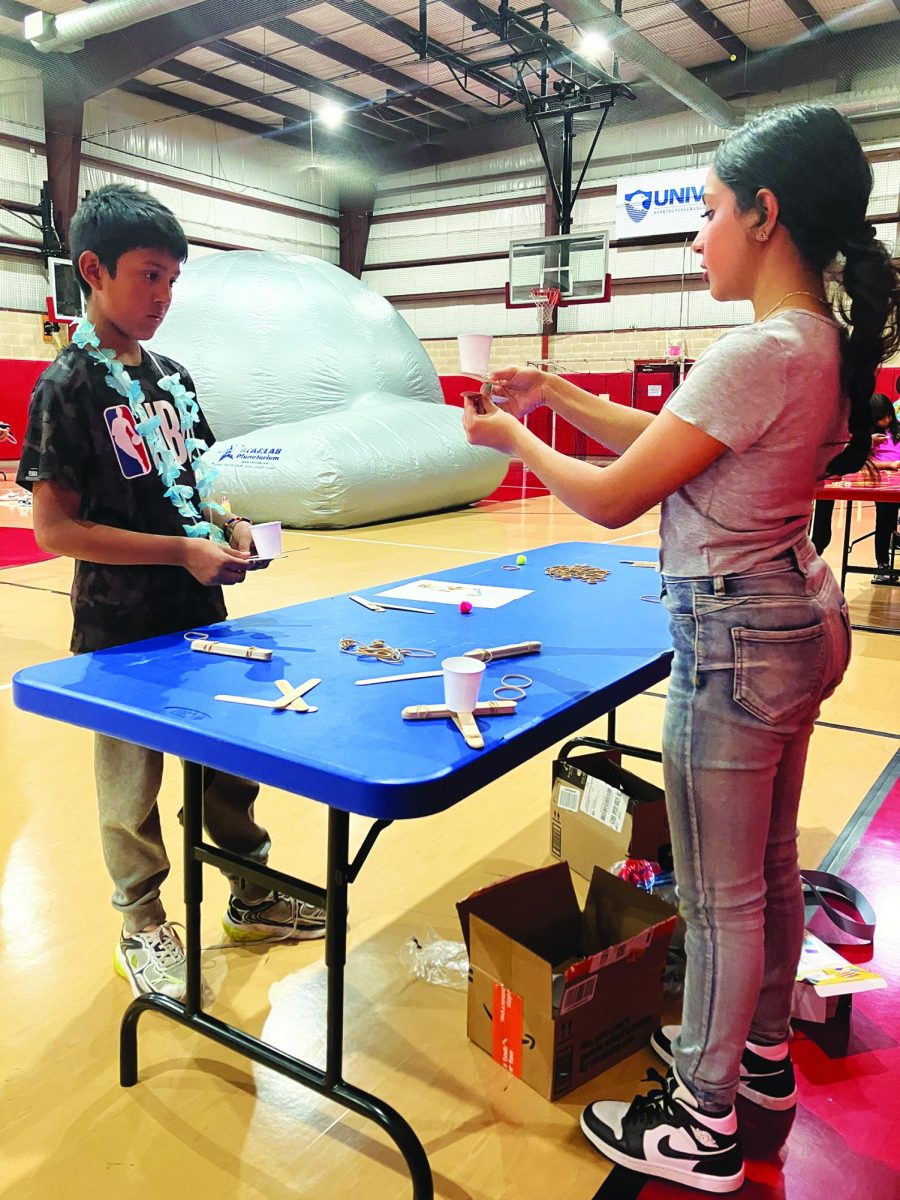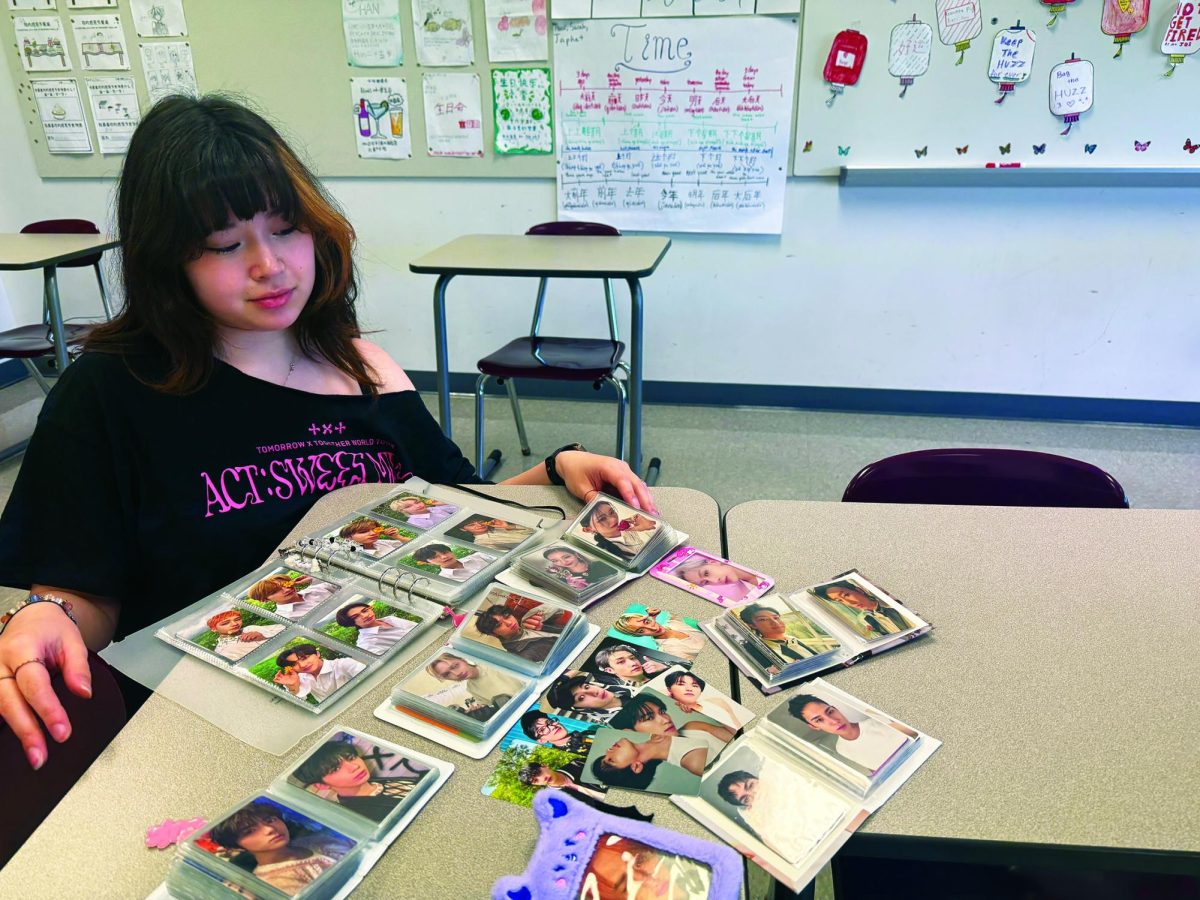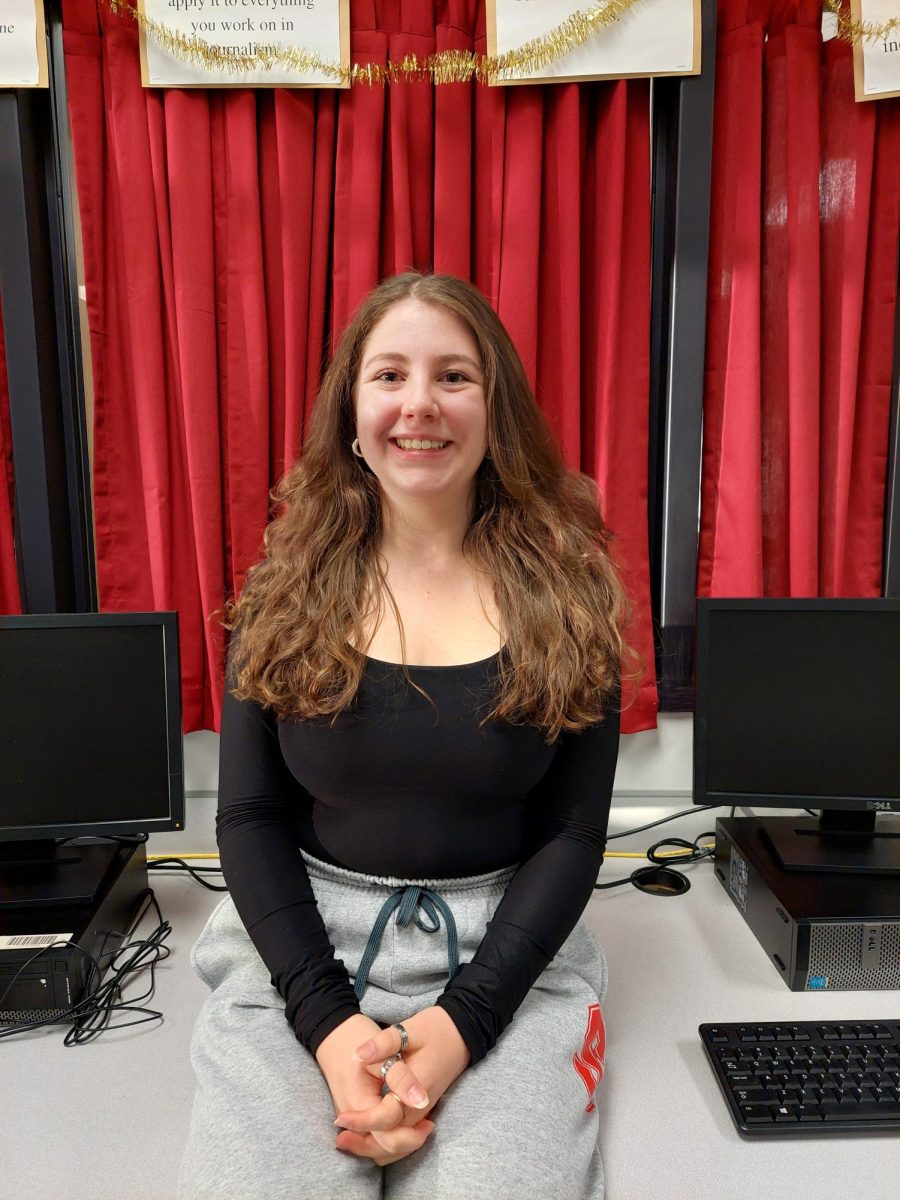As the use of AI by students becomes more common, teachers are hoping to adapt by both understanding its use as a tool and finding ways to prevent cheating.
One of the most popular AI tools is ChatGPT, a program that can generate text responses to almost any prompt, including prompts that ask the program to write entire essays.
According to English teacher Ian Smith, the topic has been the subject of much concern for the English department, especially on the topic of whether AI writing should be considered plagiarism.
[The department has] made an addition in the past year where they added ChatGPT or AI to the plagiarism policy,” Smith said.
For Smith, ChatGPT is a “cool and fascinating” tool but has concerns that students would rather use it to cheat than just as a tool. To catch potential cheaters, Smith uses multiple AI-checking programs.
“It’s more dangerous than it is good,” Smith said. “It’s going to get to the point where enough people are using it for the solving of the problems rather than the creating or the learning.”
English teacher Megan Good also has concerns about students using ChatGPT for cheating.
“It definitely needs to be monitored,” Good said. “Kids need to be aware that it shouldn’t be the core of their writing.”
Science teacher Patrick Murphy has a more positive outlook on the use of ChatGPT as students use it in his class for a different purpose than writing.
For Murphy, ChatGPT has “many useful functions” that can aid students in their learning, including the generation of practice problems and its ability to explain any topic.
“I think that it is great [for coming up with ideas],” Murphy said.
According to Murphy, ChatGPT’s ability to create multiple versions of the same reading at different reading levels will greatly help students who struggle with reading.
“I see huge potential,” Murphy said, “not just for students, but for teachers, in terms of enhancing our abilities to provide for students of all different types and needs.”
While Murphy is against students using ChatGPT to “generate the actual text that you submit,” he encourages students to use it “as a tool to work through your own material. I think that could be really helpful,” Murphy said.
Murphy said he believes that AI will develop into a “real tool,” and schools should embrace it to prepare students for the future. “If we spend the first years of ChatGPT telling you it’s bad, we’re just doing you a disservice,” Murphy said. “I have no doubt that AI is only going to continue and grow to be essential to our lives.”
According to Good, the English department wants to “embrace the positives,” but right now they are more focused on finding ways to prevent students from using it to cheat.
Smith agrees. “Now I make my students handwrite their first essay and then type it afterward,” Smith said. “From there, I have a picture in my mind of what each student is capable of, so moving forward I won’t make them handwrite essays anymore.”
ChatGPT forces new perspectives for teachers
Due to the increase in the use of ChatGPT, teachers are forced to use AI checkers and have students handwrite their essays. Some teachers are also looking to find ways ChatGPT can be used to benefit students.
0
More to Discover
About the Contributor
Noah Utain, Staff Writer





